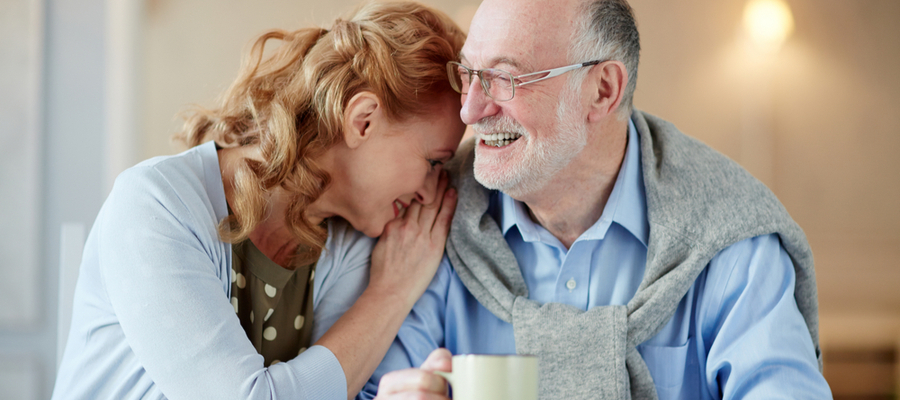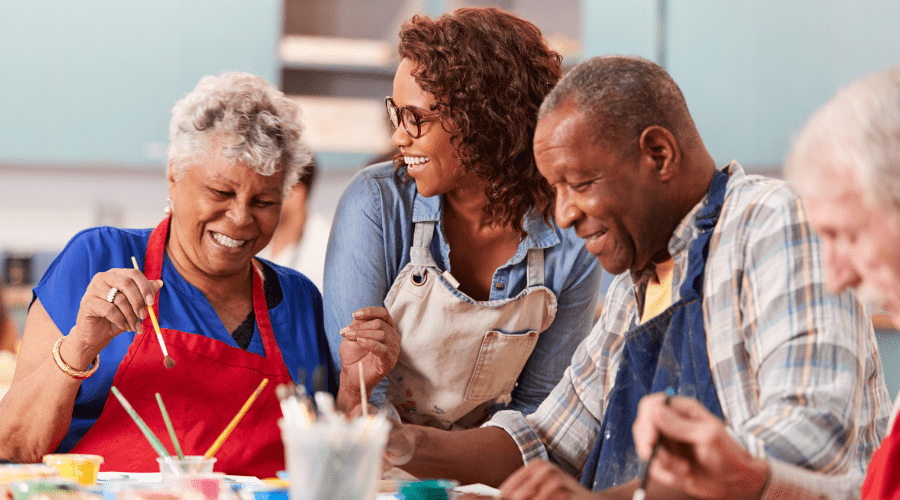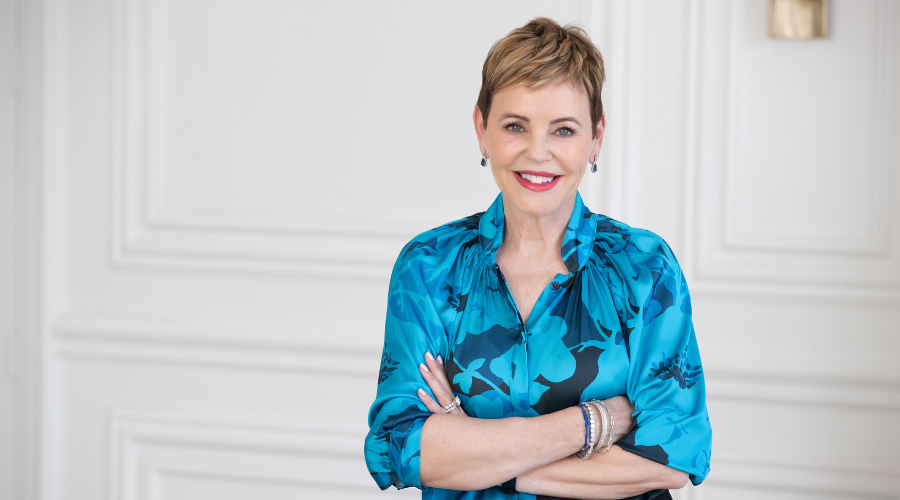There are so many warnings about what you should or shouldn’t do about the Coronavirus that my natural-born instinct is to lock myself in my house while religiously checking the Internet to see how far the virus has spread. I realize this isn’t the case for many people, whose frame of mind appears to be untouched by the arrival of COVID-19, the virus that’s making its steady way across the globe. But I’m not one of them.
For those of you who feel like me: disturbed by the thrust of this epidemic/pandemic, I can only suggest that continually checking the Internet isn’t a successful method of weathering the storm. There seems to be a character trait in my DNA that is keeping me on edge. Both my parents were immigrants, having escaped what historian Timothy Snyder, in his landmark book calls the “Bloodlands,” the territory between Berlin and Moscow, where the Russian Revolution plus two world wars raged when they were children.
Mom and Dad never overcame their fears of imminent, unexpected demise. In the 1950s and 60s, when we lived in suburban Windsor, they kept all the doors and windows locked, summer and winter. The intruder at the door was never far from their consciousness, although crime was exceptionally low in the neighbourhood.
I’m entirely different from them, I assure myself, living my life with an open-door policy and a healthy lack of suspicion of strangers. I enjoy talking to strangers, meeting new people, having loads of folks over for dinners and parties. I like to share. That’s me…or is it?
When something like the Coronavirus explodes, I discover that the light-hearted, welcoming, open-armed me is only one side of my character. To reinforce my misgivings about who I really am, I’ve discovered that scientists are finding out that specific personality traits can be inherited. Yesterday, on the CBC, I heard a psychiatrist explain how digital images of the shape of his brain showed that he was, in fact, a psychopath. Laughingly, he described in detail how he was trying to decrease his natural tendencies of narcissism and psychopathy by practising to be a good person. After receiving this shocking diagnosis, the good doctor set about to study the path of his ancestors. He discovered that he descended from a long line of psychopaths, including Lizzie Borden.
I, on the other hand, fear that I’ve inherited my parents’ trepidation about what can happen to an average person on a seemingly ordinary day when the tables turn against you. It isn’t a personal problem. Wars, revolutions and pandemics aren’t directly aimed at specific people. They only feel that way, when you have internalized the innate fear of the unknown that some of us have come by naturally. Our country is a land of immigrants, many who came here searching for the safety and peace that eluded them in their country of birth and I can imagine how difficult it is for newcomers to face crises here.
In troubled times, the question is how to deal with inner fears that aren’t necessarily based on facts. I know that the chances of catching the COVID-19 virus in Canada are relatively slim, and of those who do fall ill, only 2 per cent expire, (albeit higher numbers for those 69 years of age and older). It’s still less than the death rate for the 2003 SARS epidemic.
Based on these facts, I’m making a plan to get through the next months without driving myself, and those close to me, around the bend.
So far, here are my ideas to remain calm:
- Limit my viewing of American cable news to one hour a day.
- Stop watching MSNBC’s Rachel Maddow altogether – she seems as obsessed with the Coronavirus as I am.
- Walk briskly on my treadmill every other day. Exercise keeps me levelheaded.
- Follow the advice of Canadian health professionals who suggest stocking up on food and medicine for about two weeks. That’s a reasonable precaution if you do get sick and are quarantined at home.
- Wash my hands whenever possible. Science tells us that proper hand washing is the very best way to stay healthy. Wash all over the surface of your hands and between your fingers while singing your ABC’s. When you get to Z, the job is done.
Ultimately, it’s science that provides the antidote to our fears and misgivings. In his number one bestselling book, Successful Aging, neuroscientist Daniel J. Levitin writes that “personalities can change: you can improve yourself at any stage of life, becoming more conscientious, agreeable, humble —any number of things. This is surprising, and it upends decades of casual speculation. We tend to think of personality as persisting forever. (Think of the curmudgeon Larry David from TV’s Curb Your Enthusiasm.) But personality traits are also malleable. And the degree to which habitual traits drive our behaviour is influenced by situations…and by our own striving to improve ourselves, to become better people.”
Breaking out of the damage done by old wars fought in Europe’s “Bloodlands” is going to be my way of staying calm and becoming a better, more grounded person. You might try to find your own change in thinking even in these troubled times.































